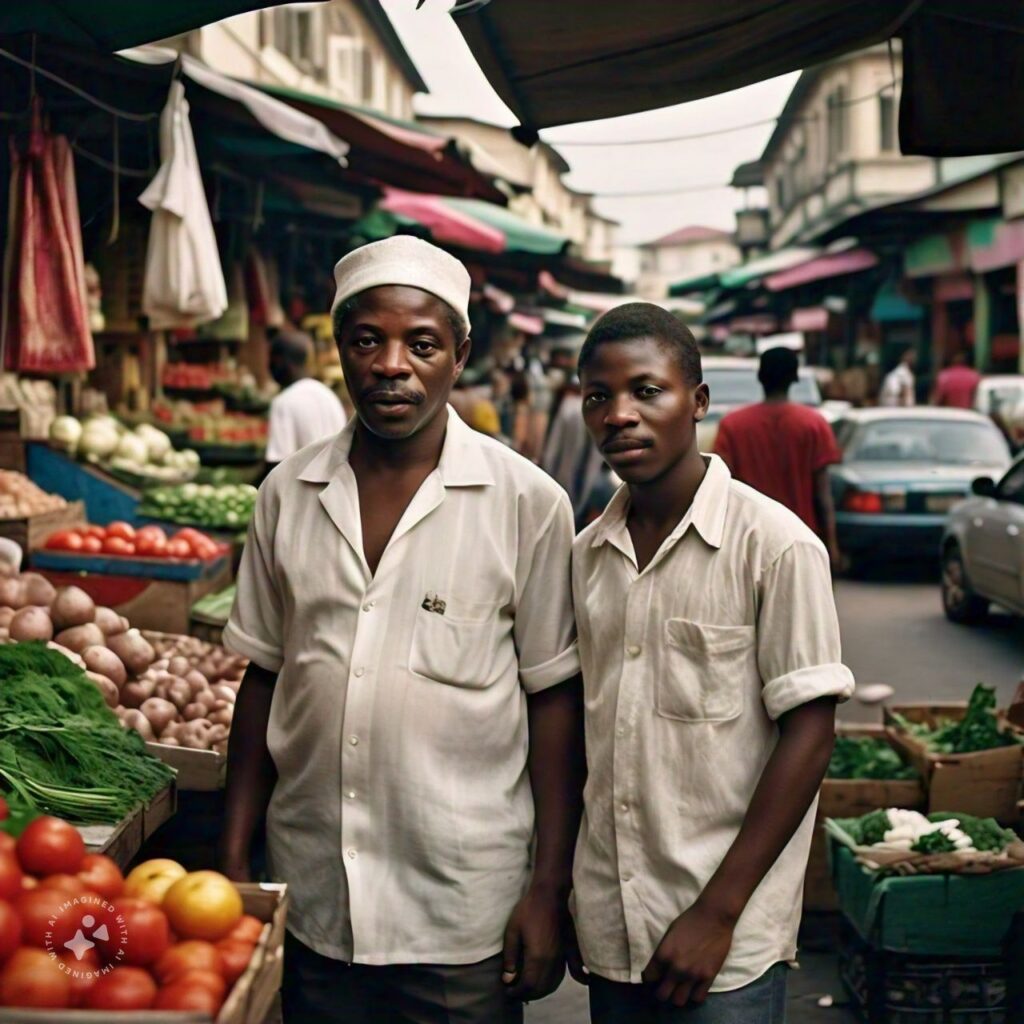Economic Update: July 2024
In June 2024, Nigeria faced significant economic and security issues. In the regions of Benue, Plateau, Adamawa, Nasarawa, and Borno, violence has heavily impacted food production and security. Farmers in Niger, Kaduna, Katsina, and Zamfara face levies or tributes imposed by bandits and terrorists before they can plant or harvest their crops, further exacerbating food insecurity.
On June 4, 2024, a mining pit collapse in Galkogo village, Niger State, led to one fatality and trapped 30 others. This incident highlights broader issues of poor safety standards in unregulated small-scale mines and insecurity affecting large-scale mining operations.
Nigeria’s CBDC program, the world’s largest live CBDC program, has faced significant challenges. The country, previously Africa’s largest economy, is expected to drop to fourth place in continental rankings due to slow growth, currency crises, poor governance, fuel shortages, and double-digit inflation. This economic downturn has resulted in widespread hunger, with citizens resorting to looting food warehouses. The partial removal of fuel subsidies and the floating of the naira have caused major price rises for essential goods.
In response to these challenges, the Federal Government announced plans to collaborate with states to reduce the number of taxes from over 60 to nine, aiming to improve the business environment and support economic growth. Additionally, the UN Food and Agriculture Organization (FAO) and the World Food Programme (WFP) warned of increasing food insecurity in several global hotspots, including Nigeria. The combination of conflict, climate extremes, and economic shocks continues to drive households into severe food crises. The lingering impact of El Niño and the potential onset of La Niña pose further risks to food security in affected regions.
Business magnate Aliko Dangote criticized the high interest rate, arguing that it hinders job creation and economic growth, particularly in the manufacturing sector. Food inflation has significantly impacted the cost of living, with prices of essential food items such as rice, beans, cassava flour, tomatoes, and onions surging, worsening poverty levels and making basic meals unaffordable for many households. The food inflation rate rose to 40.66% in May 2024. The Federal Government released 42,000 metric tonnes of corn, sorghum, and millet to support vulnerable households, although these measures are seen as only scratching the surface of the deeper inflation issue.
Nigeria’s GDP growth has been hampered by insecurity, poor infrastructure, and fluctuating foreign exchange policies. The Central Bank’s efforts to stabilize the naira and combat inflation through high interest rates are aimed at improving investor sentiment but pose challenges for local businesses. The Abuja Chamber of Commerce and Industry (ACCI) highlighted the adverse effects of persistent food price hikes on poverty and small-scale businesses, urging the government to take decisive actions to curb inflation and support economic stability.
In June 2024, President Bola Tinubu initiated significant steps to address Nigeria’s economic challenges by inaugurating a comprehensive economic revival committee. This action underscores the administration’s commitment to tackling the myriad of economic issues plaguing the country. The committee aims to formulate strategies and implement policies to stabilize and revitalize the Nigerian economy, focusing on addressing inflation, stabilizing the currency, enhancing food security through support to agriculture, improving the investment climate to attract both local and foreign investments, and creating employment opportunities, particularly for the youth.
Governors, through the Nigeria Governors Forum (NGF), rejected the proposed 60,000 naira minimum wage, citing financial unsustainability. They expressed concerns that adopting the proposed minimum wage would require states to allocate their entire Federal Account Allocation Committee (FAAC) funds to salaries, leaving no resources for development projects. The NGF’s Director of Media and Public Affairs, Halimah Ahmed, stated that the proposed minimum wage was too high and unsustainable for many states. Analysts pointed out that increasing wages significantly could exacerbate inflation, which was already a pressing issue. The central bank’s efforts to mop up excess cash to tackle inflation would be undermined by a substantial wage hike. Many private companies and state governments were struggling to pay the current minimum wage, and a higher wage would likely lead to financial instability in many regions. Labour unions vowed to reject any minimum wage proposal below 100,000 naira, labeling lower offers as “starvation wages”. The NLC indicated willingness to negotiate but maintained a firm stance on achieving a living wage for workers. Numerous states highlighted their inability to meet the proposed wage due to budget constraints and the need to balance salary payments with funding for development projects and other state responsibilities. While specific states were not singled out in the discussions, the general consensus among many state governors indicated widespread financial difficulties in meeting the proposed wage increase.

